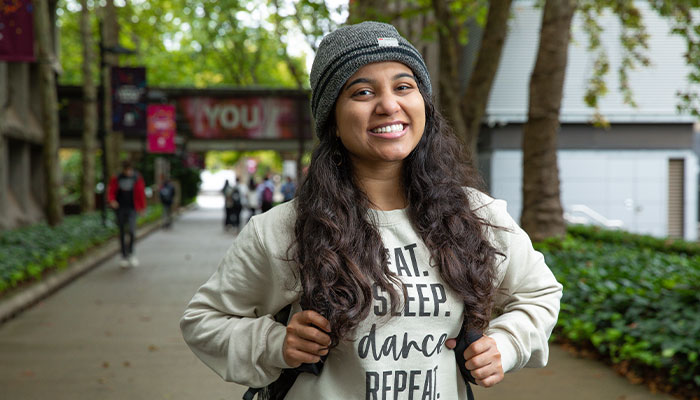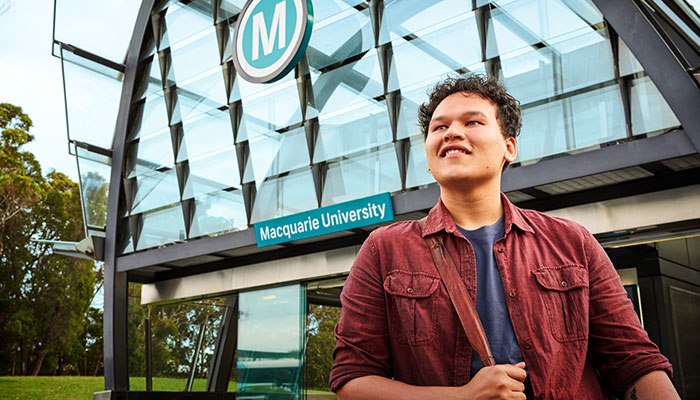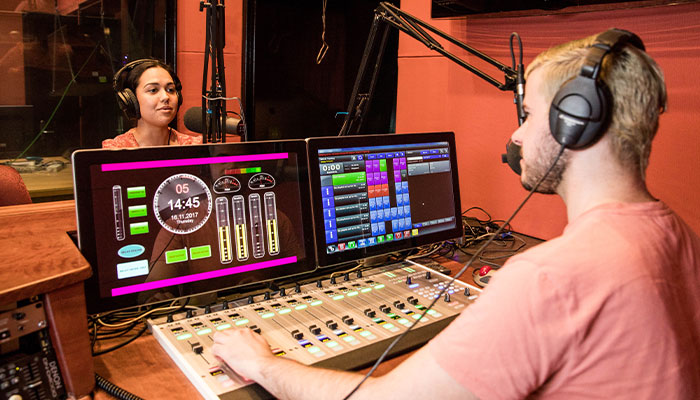When Christina Mouawad started her neuroscience and psychology degree at Macquarie University in 2020, she had no friends in any classes and felt very alone. “It was a bit rough on me,” she says. “It took me a little while to find my groove until I developed a strategy to meet people.”
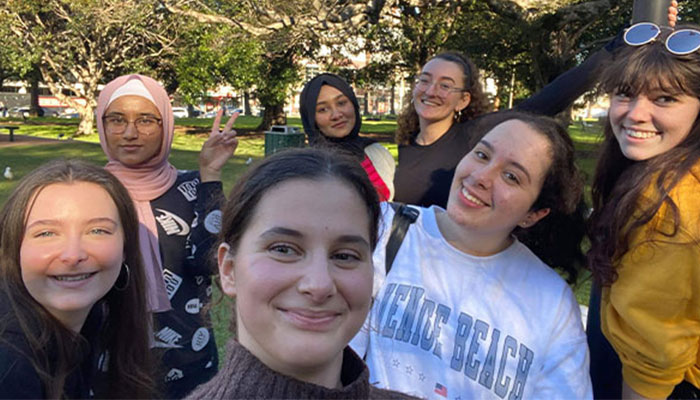
Getting to know you: Christina Mouwad (at back, right) out and about with new uni friends.
Her strategy worked like this: in every class Christina would sit next to any other student and strike up a conversation. “I’d introduce myself, just get myself out there and it made me feel so much more comfortable. From then on, even if I didn’t want to be best friends with them, at least I had someone I could sit with every week rather than just having a sea of unknown faces.”
Lecturers also encouraged students to have discussions in class by asking them to talk to the person next to them and discuss how they felt about a certain topic.
Unfortunately, within a few weeks of term, everything changed. The COVID-19 lockdown forced the university to shift to online learning, so Christina redoubled her efforts to get to know her classmates even better.
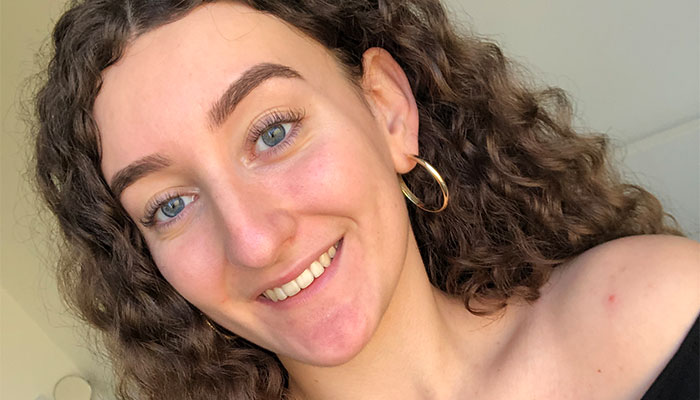
Taking the lead: Christina Mouawad's strategies to make connections paid off big time.
She took the lead in setting up online study groups in her classes and she just kept on meeting more and more people. “I’d just invite random students that I didn’t even know and it was so cool because we were all in the same boat and we shared what we were going through.”
By the time lockdown lifted for the second semester, Christina had already made some great friends. “I have new-found confidence knowing that if I can survive online, then I’ll smash it face-to-face, she says.
Monopoly and coffee
Yasmina Bazzi Backhouse, another psychology (honours) student who started her bachelor’s degree at Macquarie at the same time as Christina, also developed strategies to stay in touch with other students during the lockdown.
“Group assignments and tutorials online were great to meet people. We formed a group chat and were talking about class everyday. Then we found out all our social handles and just started chatting outside of class,” she says. Yasmina and her classmates enjoyed activities such as holding a Netflix party and playing online Monopoly together.
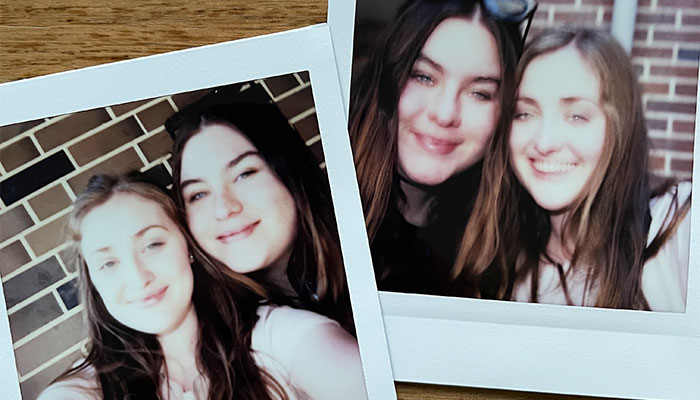
Picture perfect: Yasmina Bazzi Backhouse (with sunglasses) with one of her many new friends, Katie Lewis.
Since face-to-face classes resumed in the second semester, Yasmina has had a group of friends with whom she goes to the UniBar after classes for coffee. She’s met her friends’ friends too from other degrees. Also, many of them joined the Psych Society - made up of psychology students from across different years.
Macquarie has more than 140 clubs, societies and sporting groups. Depending on your interests, you could join a cultural group made up of Vietnamese, Nordic or Turkish students or maybe get involved with Amnesty International, a capella or community gardening societies or the Fantasy and Science Fiction Association.
If you’d rather get physically active, you might try water polo, ultimate frisbee, rowing, touch football or many other sports. The Macquarie University sport and aquatic centre with a health club, squash courts, offers classes in swimming, gymnastics and martial arts,
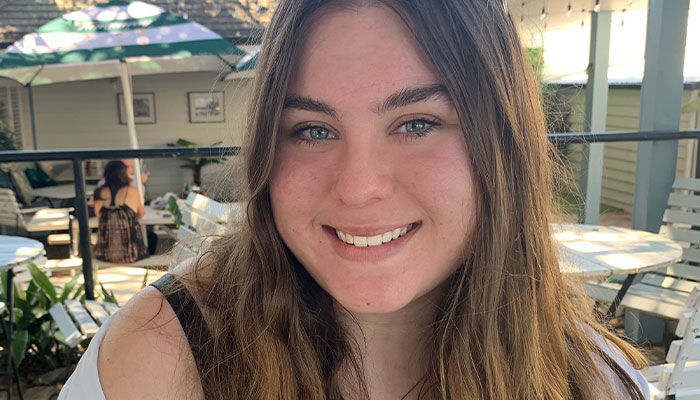
'Fairy godmother': Yasmina was a Peer Mentor, who help first-year students to settle in and answer their questions.
Yasmina loves going regularly to the gym. Even before she became a university student she’d gone there with her grandfather to play table tennis. She’s now joined the Women’s Collective which had a recent “Wine and Whine night”. Meanwhile, Christina pursues her interests with the Young Australian Lebanese Association and the Sustainability Society.
In their second year, both women became Peer Mentors, guiding first-year students to settle into university life by sharing their own experiences and passing on helpful hints.
“Peer mentors are like fairy godmothers,” Yasmina says. “We answer their questions and direct them where they can get study help or to Student Connect – where they can transfer classes or get loans. We tell them about events on campus and how to join clubs. We’re here for them, to help them stay involved.”

